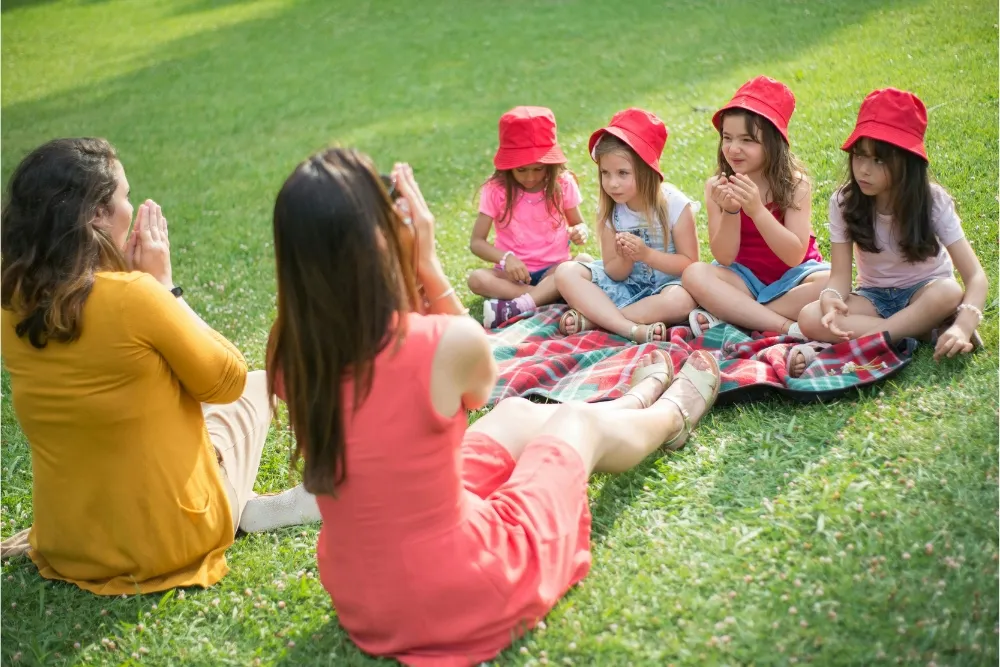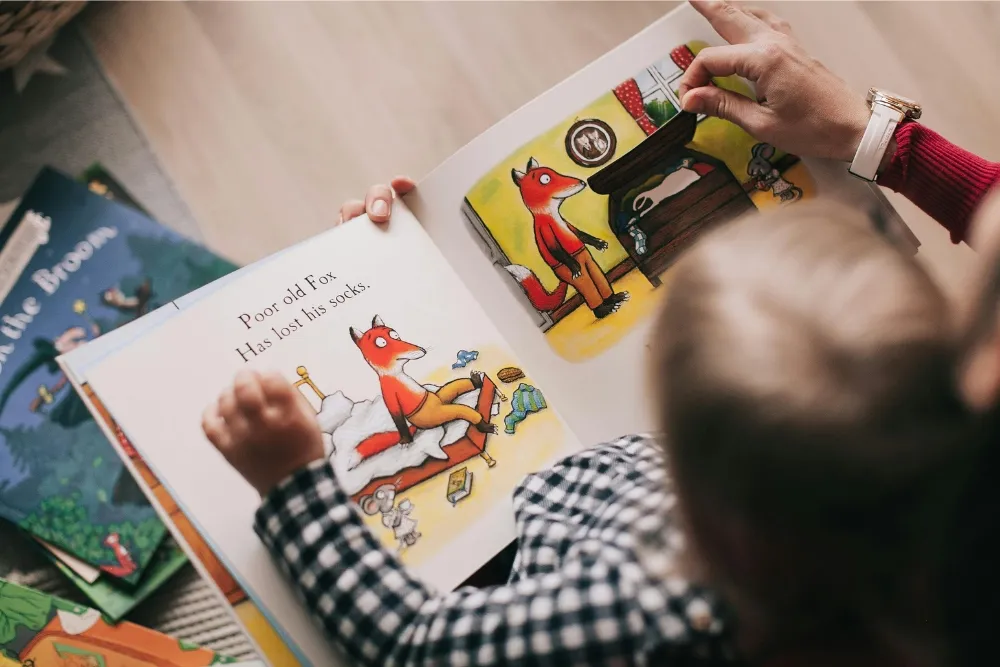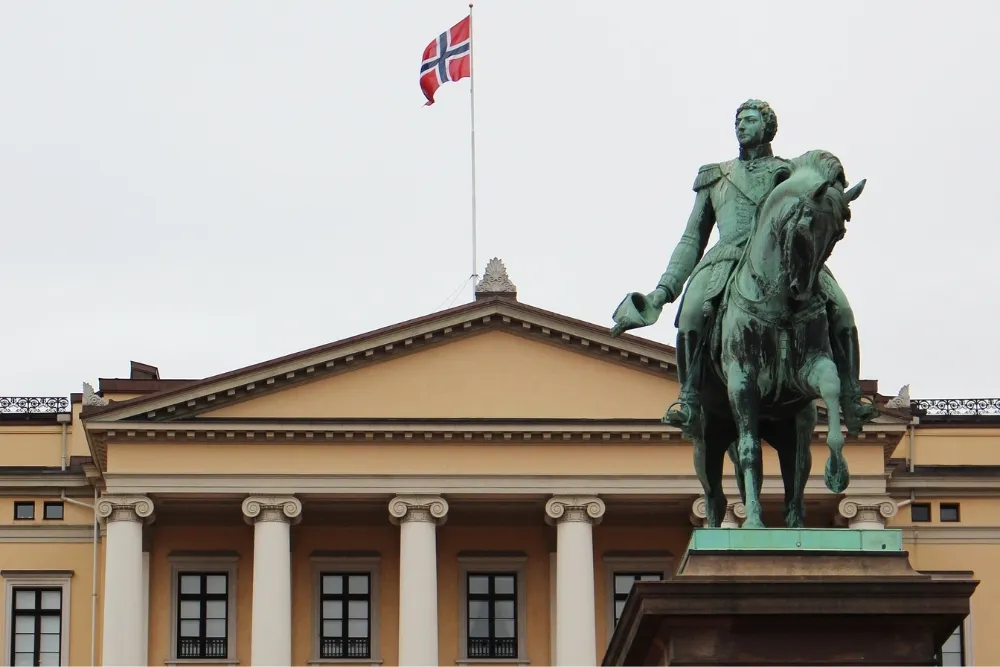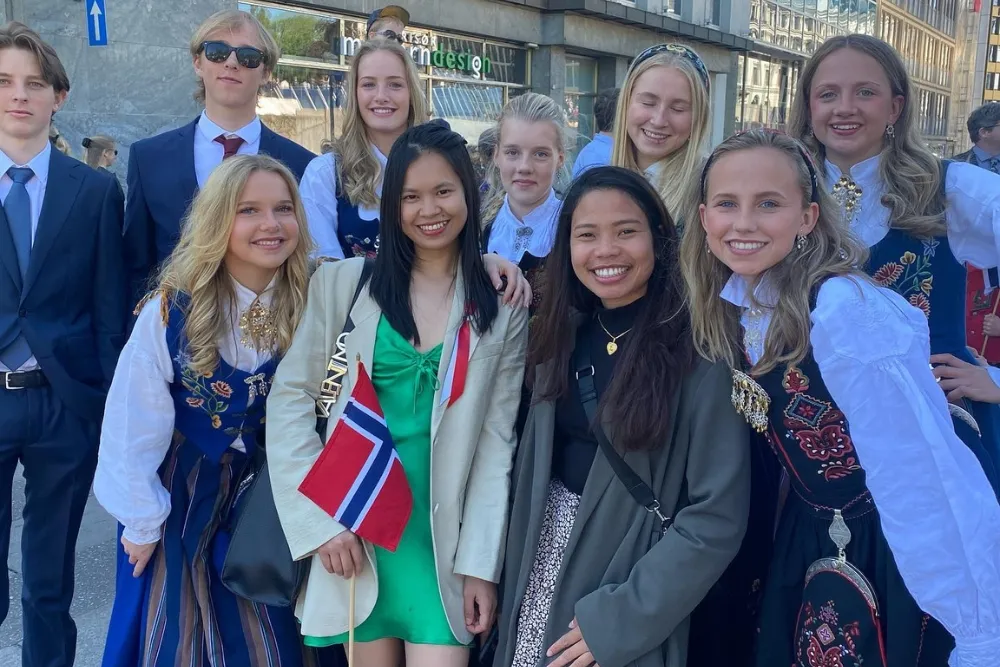What is an Au Pair?
-
 Kimverly Ojoylan
Kimverly Ojoylan - 15 Apr, 2024

Introduction: The Essence of Au Pairing
The term “au pair” comes from French, meaning “on equal terms.” It encapsulates a unique cultural exchange program that allows young individuals to live with a host family in a foreign country. In exchange for providing childcare and light housework, au pairs gain the opportunity to immerse themselves in a new culture, language, and lifestyle. This role transcends the traditional job framework; it’s a life-enriching journey that promotes mutual understanding and personal growth. Au pairs often form lasting bonds with their host families, gaining a second home and a broader perspective on the world. This experience is not only about work but also about the transformative journey and the lifelong friendships that develop.
Family Integration: A Unique Bond
Integration into the host family’s life is a defining feature of the au pair experience. Au pairs become more than just helpers; they are embraced as family members. They participate in family meals, outings, and celebrations, forming a unique bond that often lasts a lifetime. This integration is built on trust, respect, and shared commitment to the family’s well-being. It sets the au pair experience apart from other forms of work or travel abroad, as au pairs experience the true essence of family life in a different cultural setting. The relationships formed during this time are profound and enduring, often continuing to influence the au pairs and their host families for years to come.
Childcare and Housework: Balancing Responsibilities
An au pair’s primary responsibilities revolve around childcare, including taking children to school, assisting with homework, organizing playdates, and sometimes teaching them their native language. They also contribute to the household by performing light housework, maintaining a clean and organized environment. This balance of responsibilities is essential, allowing au pairs to become an integral part of the family’s routine and daily life, providing support and care where it’s most needed. The role requires flexibility, patience, and a nurturing attitude, as au pairs play a significant part in the children’s upbringing and development. It’s a rewarding experience that often leads to a strong sense of fulfillment and a deep connection with the family.
Conclusion: More Than Just a Job
The au pair experience is a catalyst for personal development. It challenges young adults to adapt to new surroundings, learn a new language, and navigate different cultural norms. These experiences contribute to a profound sense of personal growth, self-reliance, and independence. Au pairs often discover new interests, develop critical life skills, and gain a sense of accomplishment that stays with them long after their au pair journey has ended. This growth is invaluable, shaping their future and opening doors to new opportunities. The confidence and adaptability gained through this experience are assets that benefit au pairs in all areas of life, making the au pair role much more than just a job.


